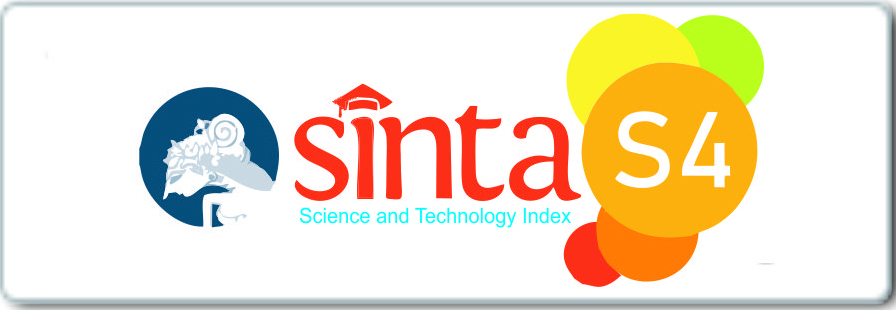Use of Removable Partial Denture in Child with Papillon-Lefevre Syndrome: Case Report
Downloads
Sreeramulu B, Shyam NDVN, Ajay P, Suman P. Papillon Lefèvre syndrome: Clinical presentation and management options. Vol. 7, Clinical, Cosmetic and Investigational Dentistry. Dove Medical Press Ltd; 2015. p. 75–81.
B S, S H, K S, MD S, G K. The Prosthodontic Management of a Young Edentulous Patient With the Papillon Lefevre Syndrome-A Rare Case Report. J Clin DIAGNOSTIC Res. 2012;6(10).
Wani AA, Devkar N, Patole MS, Shouche YS. Description of Two New Cathepsin C Gene Mutations in Patients With Papillon-Lefèvre Syndrome. J Periodontol. 2006 Feb;77(2):233–7.
James WD (William D, Elston DM, Berger TG, Andrews GC. Andrews' Diseases of the skin : clinical dermatology. Saunders Elsevier; 2011. 910 p.
Papillon Lefèvre Syndrome - NORD (National Organization for Rare Disorders) [Internet]. NORD (National Organization for Rare Disorders). Available from: https://rarediseases.org/ rare-diseases/papillon-lefevre-syndrome/
This is an open access journal, and articles are distributed under the terms of the Creative Commons Lisence, which allows others to remix, tweak, and build upon the work non-commercially, as long as appropriate credit is given and the new creations are licensed under the identical terms.
Copyright notice:
IJDM by UNAIR is licensed under a Creative Commons Atribusi 4.0 Internasional.
- The journal allows the author to hold the copyright of the article without restrictions.
- The journal allows the author(s) to retain publishing rights without restrictions.
- The legal formal aspect of journal publication accessibility refers to Creative Commons Attribution (CC BY)
















